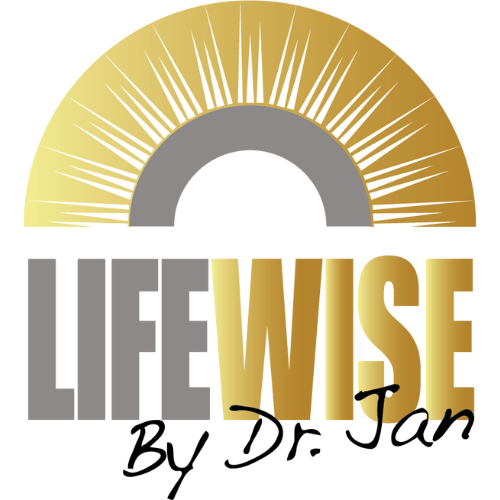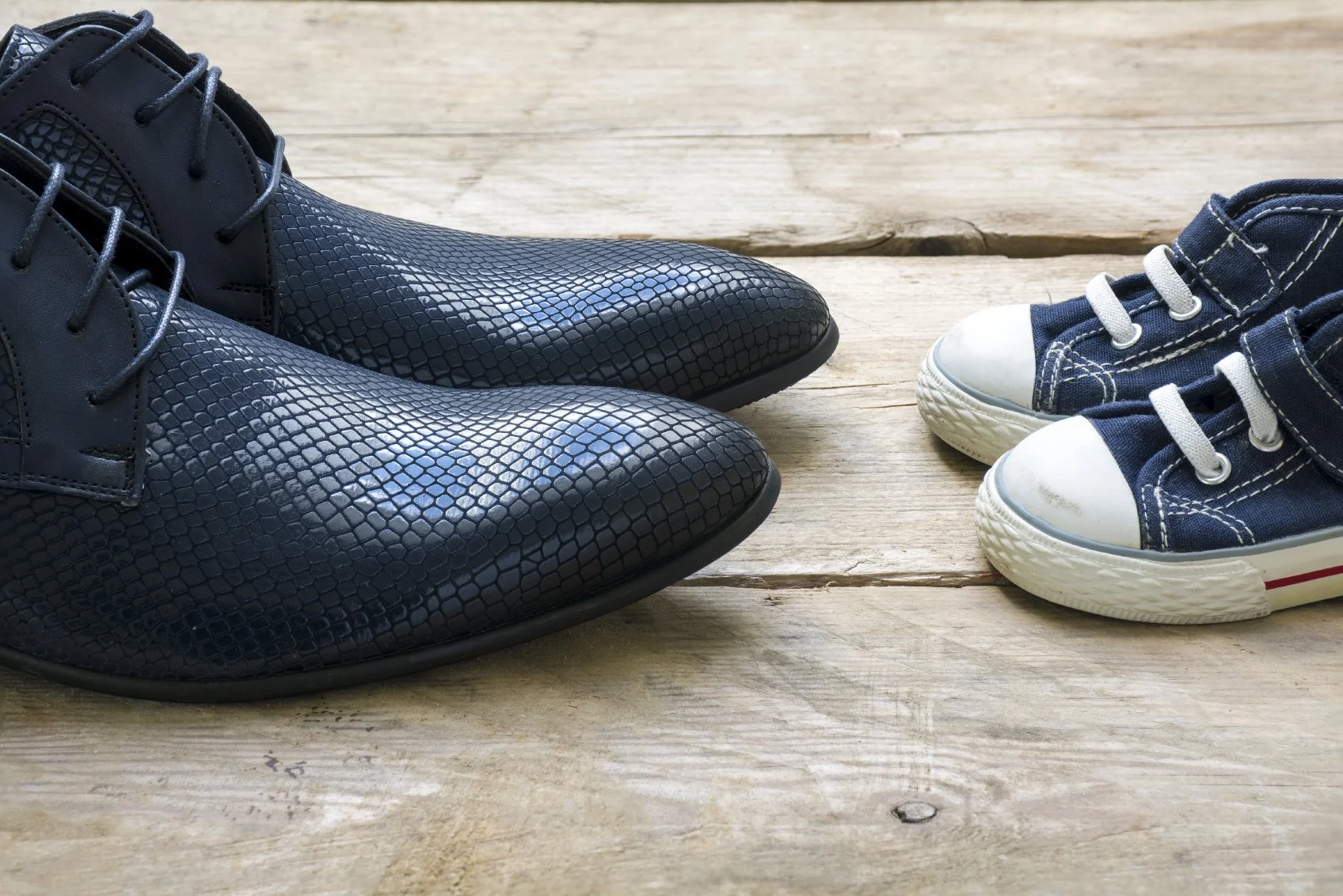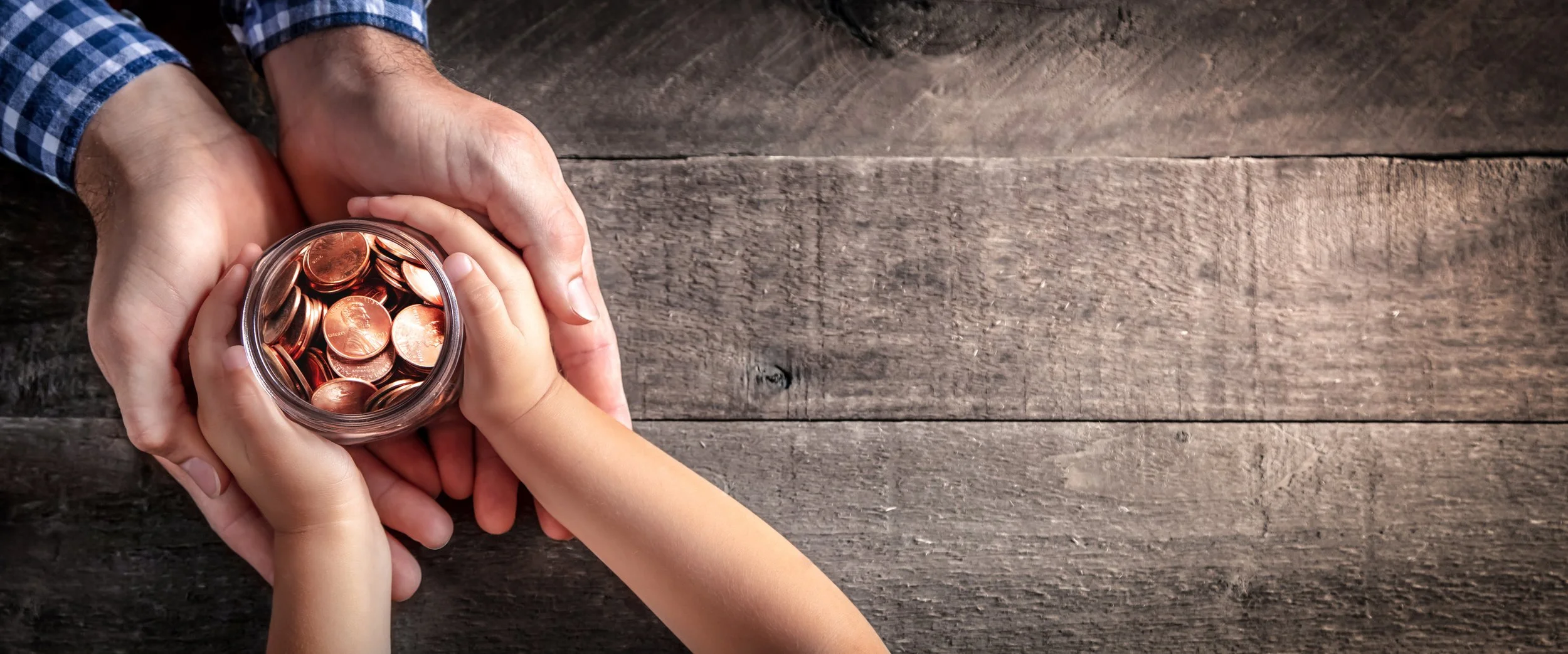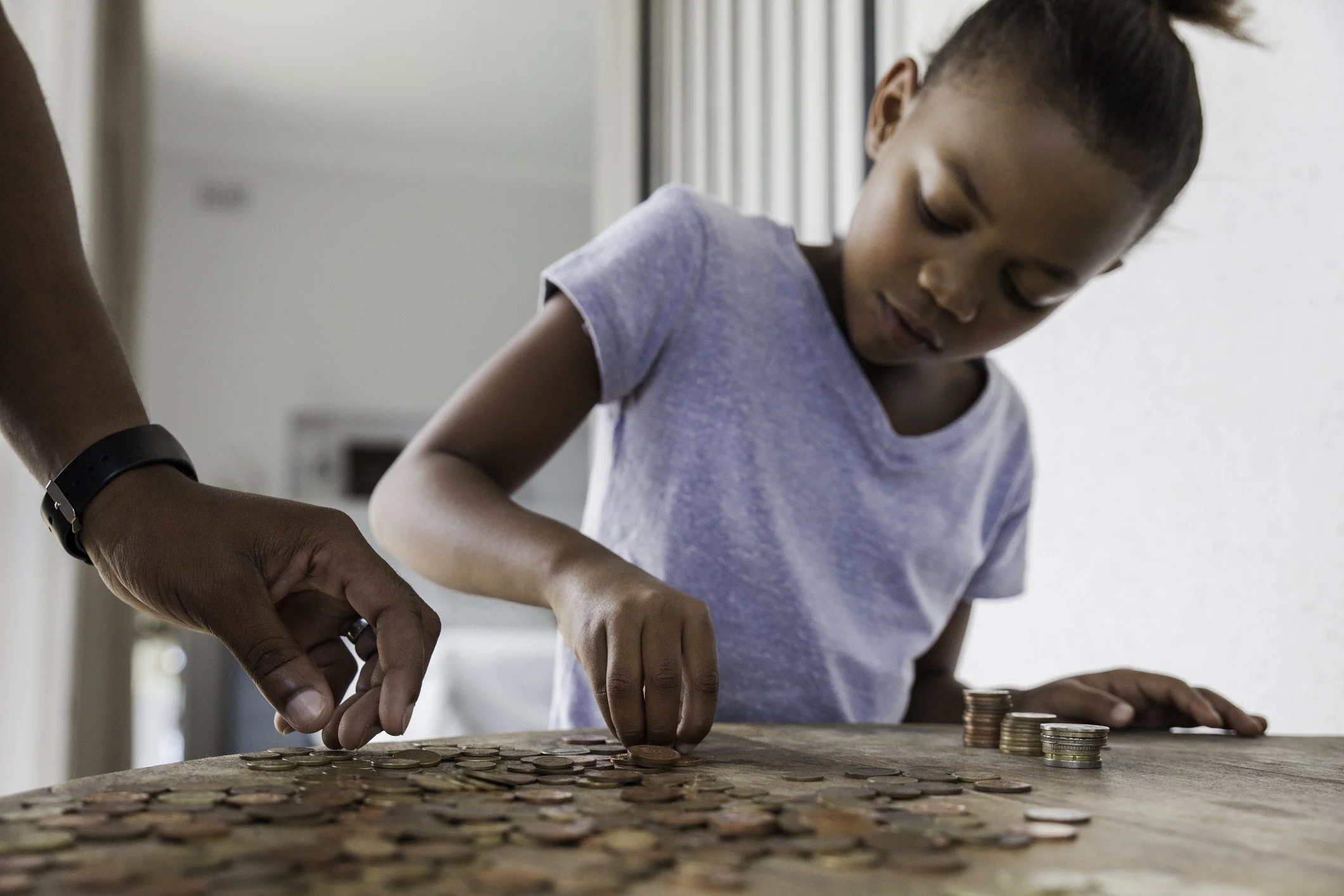My Father, Money and Me
Several years ago, the church I attended tried something new. A member of the congregation, rather than the minister, would deliver the customary offertory message during the Sunday morning contemporary service. It’s the part of the worship service that involves the opening up of wallets, purses, and checkbooks — and nowadays maybe even an app on your phone — to give money.
Someone made the mistake of asking me to do the offertory message one Sunday. (It never happened again.)
“Who knows what’s going through other people’s minds as they’re asked to part with their cash?” I thought as I wondered what I could possibly say. I hadn’t grown up in a home where “Christianese” was spoken.
As a psychologist, I’m fascinated by how much our behavior is shaped, oftentimes in ways in which we are totally unaware, by observing and experiencing our parent’s behavior. Because I had a less-than-close relationship with my own father, I’m even more intrigued by the impact he had on me, considering we didn’t spend a lot of time together — quality or otherwise.
When I think about opening up a wallet and giving money, I think of my father. He was the ultimate entrepreneur, a small town business owner, and a total workaholic. Always busy, he walked fast, he drove fast, and for a southerner, he talked fast.
Except when I asked my father for money. Then everything got really slo-o-o-o-w. He would painfully remove his wallet from his pocket — as if it was being ripped from his flesh –reluctantly open it up and painfully peel out the minimum number of bills that he could “negotiate.” It was a pretty excruciating process for my three brothers and me.
The most powerful things we learn from our parents are usually never spoken aloud — but if asked, you can recite them exactly. Here’s what I learned from my father about donating, contributing, or giving money:
Is there any way I can possibly get out of this?
If I can’t get out of it and I have to give something — what’s the least possible amount I can give?
I didn’t realize until, years later– as I was sitting on a meditation cushion learning to meditate– that I had unconsciously absorbed his mindset and I was living by it.
The kind of meditation I practice is known by different names. Most commonly it’s called mindfulness meditation, but I like its other name even better — insight meditation. In a way that is friendly, curious, and compassionate, you’re learning to cultivate insight about yourself, the people in your life, and the nature of life itself — what Buddhists call “calm abiding” and “clear seeing.”
The clear seeing gives you a non-judgmental way to become aware of all the stuff you’re carrying around from the past, but totally unaware that it’s there — and how it’s affecting you and your life. The calm abiding makes it possible to look at painful stuff from the past and in the process create the momentum needed to do something different with that clear seeing.
My father hadn’t always been that tight. In fact, when I was younger he was quite generous, even lavish, in his giving of material things and money. But when I was about 8 years old, he experienced a serious financial crisis that resulted in bankruptcy.
Thinking back over that period of uncertainty and difficulty, one of the things that now inspires me most about my father was his resilience — how he managed to rebuild and reinvent himself and his business. In some ways, however, he never really recovered.
But isn’t it that way for all of us?
I did my doctoral thesis on resilience. I studied evidence-based ways we can recover when someone causes us emotional hurt or harm. I also explored whether forgiveness is necessary to get over it and go on. To my surprise, I found that forgiveness is not necessary for recovery from the negative feelings associated with the interpersonal “injury.”
However, I also learned — no big surprise here — that additional mental health benefits are experienced by those who find it feasible and possible to forgive.
The biggest factor in being able to forgive? Developing empathy for the person that hurt or harmed you. The fastest and easiest way to develop empathy for your parents? Experiencing that moment when — to your horror — you see your mother or father in yourself.
Think about your most problematic parent — the one you’ve tried your hardest to be the most un-like. Is there anything worse than someone saying, “You’re just like your mother!” or “You’re just like your father”?
That’s what happened to me on the meditation cushion.
From that insight in meditation class, I can directly trace a conscious choice to get involved with hospice work. Over the fifteen years I volunteered my time facilitating Living Through Grief group programs, I had the opportunity to help hundreds of people in our community grieve the death of a loved one. What I was completely unprepared for was the realization after every program that I felt like I received every bit as much as I gave.
Like my father, I too became an entrepreneur and encountered some of my own financial crises. As a result, I developed more appreciation for my father’s resilience. I also developed more empathy for the ways in which my father never fully recovered from going bankrupt.
I’ve even developed some empathy for the ways in which I haven’t recovered yet, either. After all, when it comes to donating, contributing, or giving away money… sometimes I can still be pretty tight.





